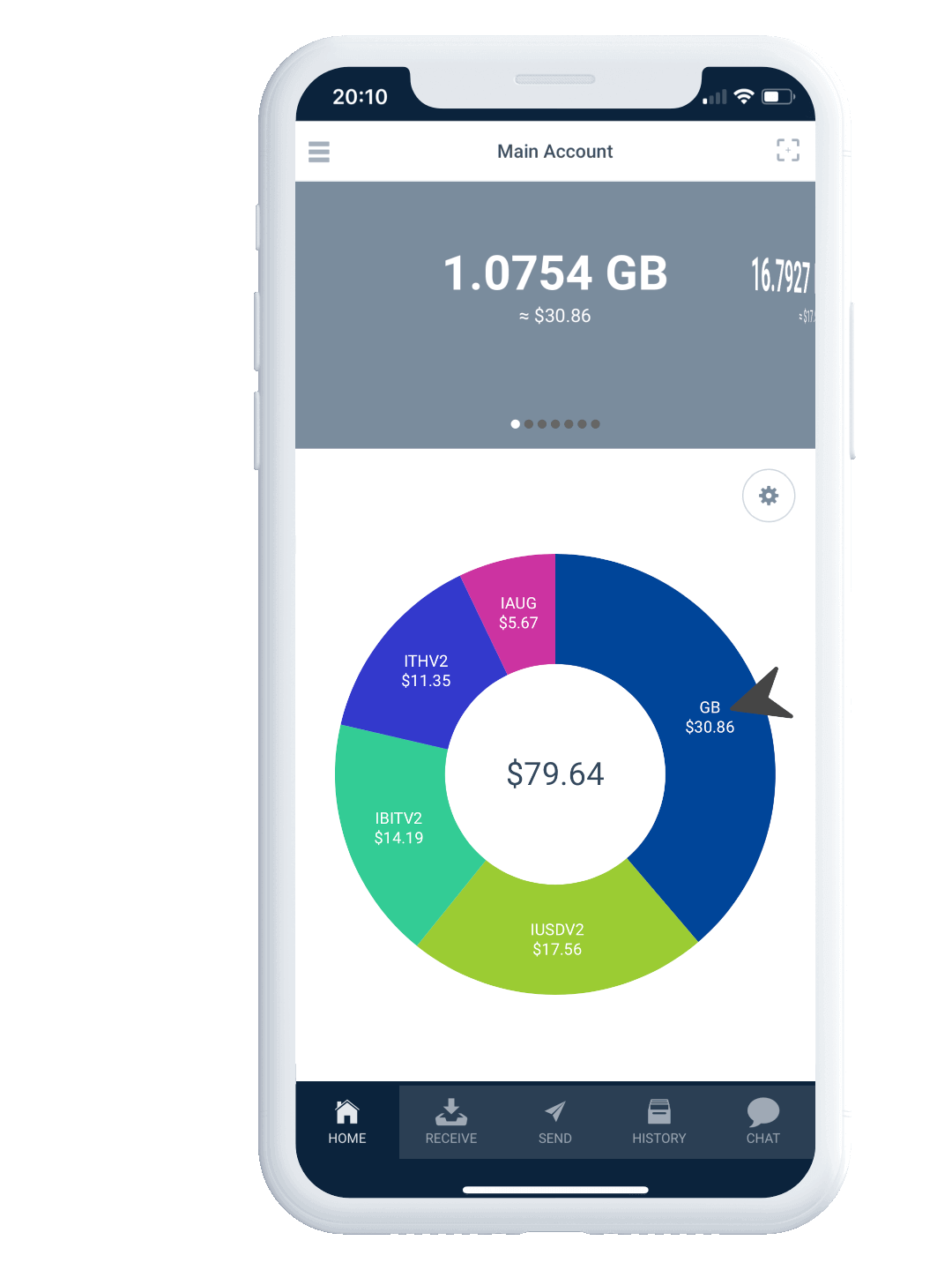Autonomous Agent: Dutch auction
Sell items in a reverse auction where the price drops at a specified interval of time. In this type of auction buyers risk the availability of the product vs acquiring it for a lower price.
UI – built on Obyte chatbot interface.
Seller inputs all data about the auction (Start price, lowest price, amount of price drop, interval for price drop etc.) through chatbot and sends to the DAG. The perspective buyer chooses from products that are on offer and places a bet and if it is the lowest bid then the Buyer wins the auction.
The AA manages different states confirmed in the DAG, i.e. an item is being shipped, that the Buyer has received the item, and then the AA releases the money to the Seller and adds a reputation rating.







